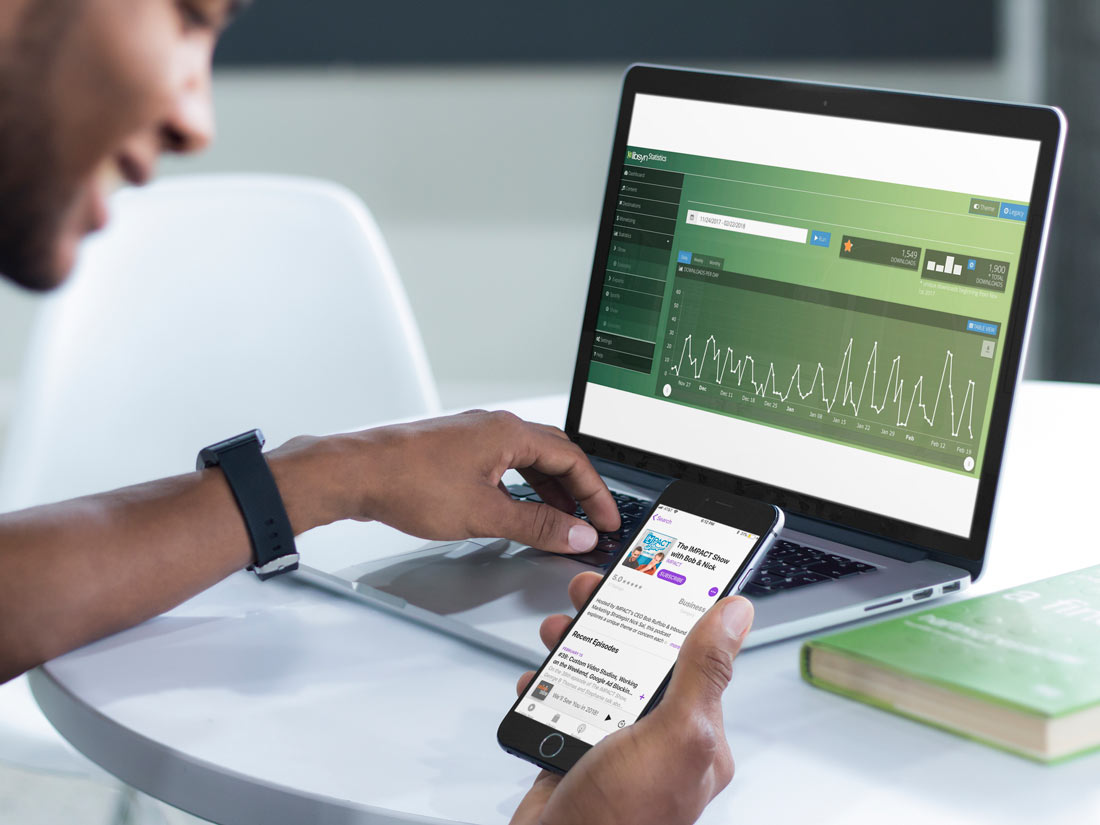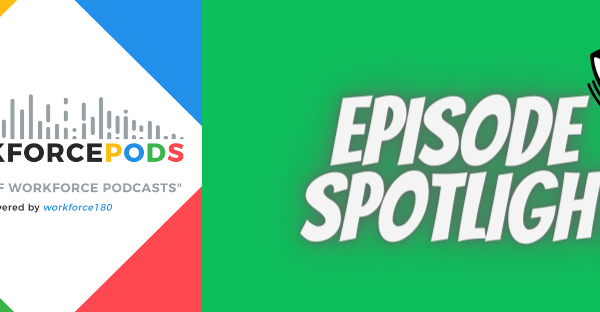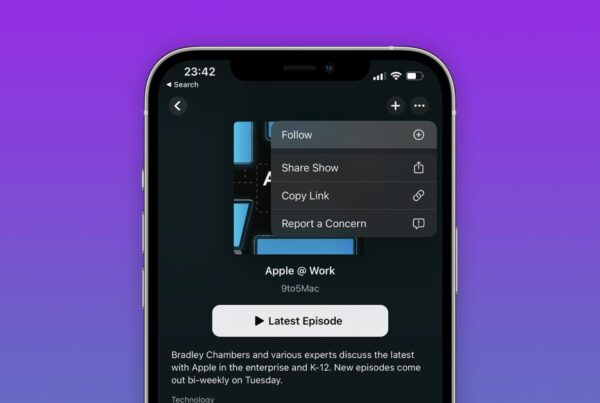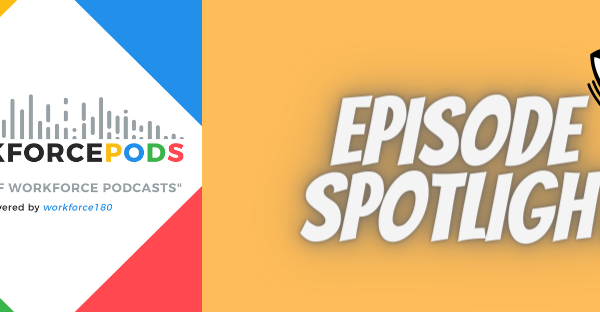Counting podcast downloads is like counting calories, they are only part of the picture.
Now, you might be thinking “that’s a weird comparison,” but bear with me as I promise to explain.
When it comes to measuring the success of a podcast, the easiest and most intuitive place to look is the numbers. How many people are listening? The higher the number, the more successful the show right? Well, not necessarily. See, the problem is that the number of people listening is actually relatively unreliable. What we really need to know is who is listening, how they are interacting with the podcast, if they are telling other people about the podcast, and if listening gave them a better sense of your brand than before. This level of engagement cannot be discerned from numbers because podcast metrics (listens) are a measure of computer-to-computer activity. They are tracked by passive technology whereas actual engagement is a measure of human activity.
What the numbers represent:
The numbers available to podcasters are provided by their hosting platform and represent the total of listens by episode. Meaning, each time an episode is downloaded, a tally is added to the total. Now, notice I said listens, not people. The numbers we see cannot actually tell us the number of people listening. (This information is housed by each individual directory -Apple, Spotify, etc.- and is not shared with the public.) So, what we do know is what day and where geographically a download was recorded, what we don’t know is who listened or how many other episodes they also listened to.
Now let’s take a second to relate this back to calories because I promised I would.
In the same way that counting downloads is misleading, so is counting calories, and for precisely the same reason. It is not human activity. Humans learn to pick up on hunger cues in order to discern what sustenance they need. Focusing on calories, instead of the quality of the food you’re eating and how you actually feel about it (hungry, bored, stressed, etc.), can have you preoccupied with nondescriptive metrics. What’s more important is where the calories are coming from and how they interact with the rest of the food you intake that day. Calories don’t give us enough information. That is why other systems like counting macros are the new norm in the nutrition world. Counting macros is favored because with a focus on nutrients, it can prevent muscle loss and promote fat burn.
So what is the equivalent of counting macros for podcasting? The bad news? There isn’t one. The good news? There are plenty of other markers of success a podcaster can track beyond downloads! These metrics fall into 3 main categories:
- Brand: awareness, consumer interest, revenue
- Activity: lead generations, SEO ranking, site traffic, conversions
- Feedback: targetted reviews, unsolicited reviews, engagement with calls to action
What each of these other factors has in common is they rely on human activity. They are measures of engagement with your show that details what the listener did, felt, or intends to do based on hearing your content. This detailed information helps you as the podcaster to better identify what your audience wants, needs, appreciates and expects. It gives you information on the impact your words are having based on the effect they have on your listeners! That’s what matters, and that’s where we should focus because isn’t that why we podcast anyway? Podcast for humans, not numbers.


